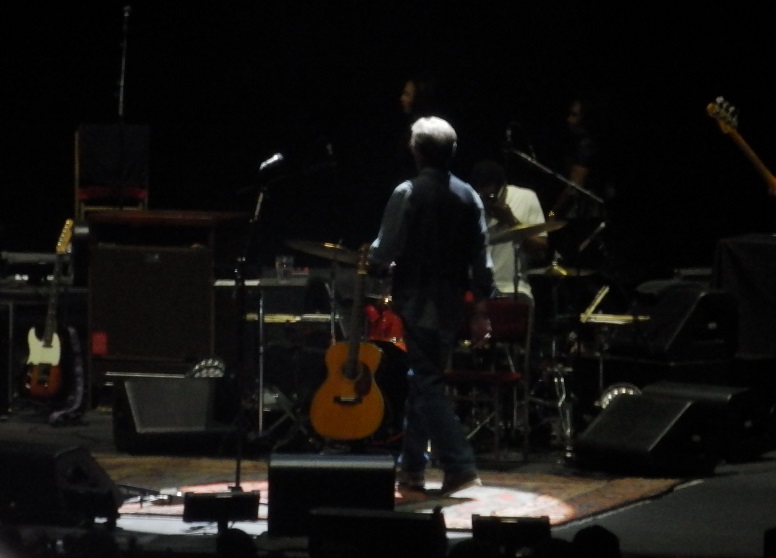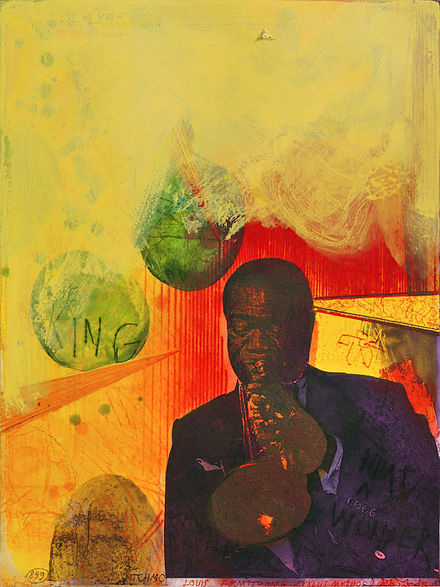Picture this. The Albert Hall. Red velvet curtains draped across the back of the stage. Lights go down and the music starts. And the guitar starts to play. Thunderous applause. Clapton singing Hello old friend as he walks on stage. Can my life get any better?!
Hello old friend,
It’s really good to see you once again.
So this could go two ways. Do I do rock and roll and great guitar, or friends and what they mean in life? Music is easy. Who doesn’t like it? Although, having said that I did meet someone once who admitted to never listening to music. She didn’t own a radio or any type of player. Said it distracted her from whatever she was doing. And I mean never. How is that possible?
Friends are more difficult. An elderly man I knew once said that if you can count your true friends on one hand at one time, you are lucky. Does that sound odd to you? I did it and think he has a point. We’re not talking your 349 facebook friends or the people who sit next to at work or join you in the pub on a Friday night. I mean the real friends who know you backwards. People you can tell anything and they don’t judge you. People who you can phone at any time and they really will come if you call.
… ain’t no mountain high enough,
Ain’t no valley low enough, ain’t no river wide enough;
To keep me from you;
Baby if you need me call me no matter where you are,
No matter how far;
Just call my name; I’ll be there in a hurry;
On that you can depend and never worry.
One doesn’t make that many of those in a lifetime. School friends come and go. Besties at play school, everyone at primary, in-crowds at high school, more solid friendships at university. Perhaps. And then you move away or move on and sometimes your friends go but come back again. Years later you bump into someone and they say “Aren’t you so-and-so? I’d recognise that laugh anywhere” and if you’re lucky, you have another friend.
But don’t think this is going to happen at a school reunion! If you’re a woman, you are likely to worry for ages beforehand about how you look and what people you haven’t see for 20 or 30 years are going to think. Have you aged well? Are you successful? How? Where? Most importantly, have you put on weight? Because, let’s be honest, that’s what you’re going to do. This is not going to be about re-connecting with old friends because if they really were real friends, why on earth would you have lost contact in the first place?
Good friends are rare and I don’t think when we are young, that we realise just how important they are. I have tried very hard to instil in my daughter the value of her friends. I have been married twice and one of the worst things after the divorce was losing a circle of friends. As a couple you are part of a group and when you split, the group often decides which of the couple they will continue to mix with. Weird hey? You’d think they would continue to invite both parties separately and let them fight it out between them but it doesn’t happen.
If, as the wife for example, you have allowed yourself to be sucked into your husband’s circle, seeing less and less of your own friends, you will find that you are left with very few come the time you find yourself on the outside of what was once the in-group. So, some advice for free, keep your friends – and your independence. Remember how important they are. Try to always have at least one best friend, even if you can’t make five.
Sing along with Queen. Be happy you’ve got a good friend – who of course may also be your lover …
You’re the best friend
That I ever had
I’ve been with you such a long time
You’re my sunshine
And I want you to know
That my feelings are true
I really love you
You’re my best friend
Ooh, you make me live …



